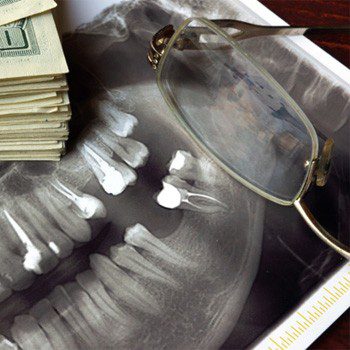
At Shwarts Family Dentistry, we know alcohol consumption has been a significant part of social gatherings, cultural practices, and personal relaxation for centuries. From celebratory to stress-relief occasions, alcohol finds its way into various aspects of our lives. However, beyond its societal role, it’s essential to recognize the effects it can have on our oral health.
Dental Hygiene and Alcohol: The Connection
When it comes to oral health, maintaining good dental hygiene is paramount. Regular brushing, flossing, and dental check-ups are the cornerstones of preventing oral diseases such as cavities and gum disease. However, alcohol consumption can pose challenges to this routine.
Impact on Saliva Production
Saliva plays a crucial role in oral health by washing away food particles, neutralizing acids, and aiding in digestion. However, alcohol is known to cause dehydration, leading to reduced saliva production. A dry mouth environment creates an ideal breeding ground for bacteria, increasing the risk of tooth decay and gum disease.
Tooth Decay and Erosion
Alcoholic beverages often contain sugars and acids that can directly contribute to tooth decay and erosion. Additionally, the high acidity of some alcoholic drinks can weaken tooth enamel, making teeth more susceptible to being cracked or broken over time. Continuous exposure to these acidic environments can lead to irreversible tooth erosion and sensitivity.
Oral Cancer Risk
Excessive alcohol consumption has also been linked to an increased risk of oral cancer. The combination of alcohol and tobacco use significantly heightens this risk. Alcohol can irritate the cells in the mouth, making them more susceptible to the carcinogens found in tobacco products.
Moderation and Prevention
While the potential negative effects of alcohol on oral health are significant, moderation is key. Enjoying alcoholic beverages in moderation, along with maintaining a diligent oral hygiene routine, can help mitigate many of these risks. Additionally, opting for less sugary and acidic drinks can lessen the impact on dental health.
Practical Tips for Oral Health
• Drink water alongside alcoholic beverages to stay hydrated and promote saliva production.
• Limit consumption of sugary and acidic drinks, opting for alternatives such as water or unsweetened tea. • Maintain regular dental check-ups to detect and address any oral health issues early.
• Practice good oral hygiene habits, including brushing twice a day and flossing daily.
In conclusion, while alcohol may be a part of social and cultural norms, it’s essential to be mindful of its impact on oral health. By understanding the risks associated with alcohol consumption and taking proactive steps to mitigate them, individuals can enjoy a balanced lifestyle while maintaining optimal oral hygiene. Remember, moderation and conscientious dental care are key to preserving a healthy smile for years to come.
For comprehensive dental care, visit Shwarts Family Dentistry in Dallas, Texas.
Contact Shwarts Family Dentistry:
972-437-6035
Location (Tap to open in Google Maps):
7522 Campbell Rd. Ste 120,
Dallas, TX 75248

